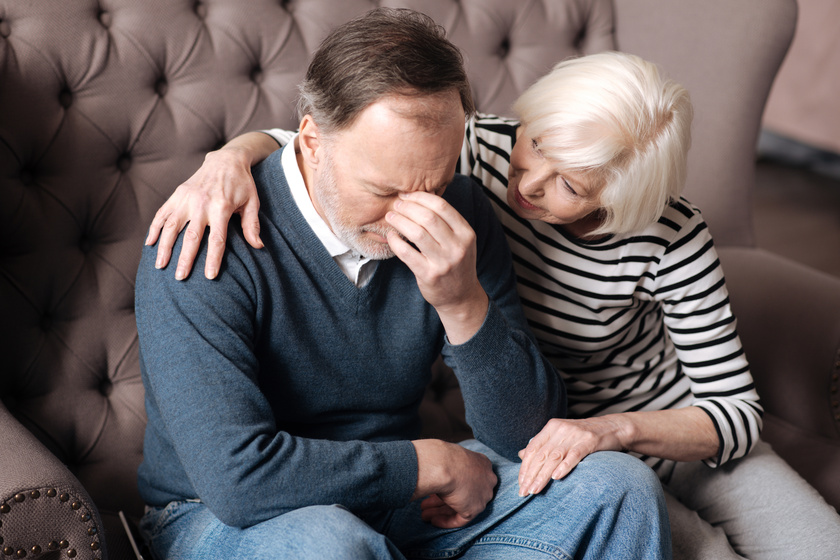Do you feel as if your loved ones have lost interest in activities they used to enjoy? Do your loved ones seem listless? Does it seem as if they find it hard to get through the day? It may be a sign that your parent is experiencing depression. Depression can happen to anyone with age, regardless of how accomplished your loved ones are. Depression in aging parents is easy to spot, as it affects many aspects of their lives, from an interest in hobbies and relationships to appetite and sleep habits. If you suspect that your loved ones are suffering from depression, it’s critical to give them the support they need. Here are some ways you can spot signs of depression and what you should do to help.
Why Many of Your Loved Ones Fail To Recognize Depression
Many fail to recognize the symptoms of depression, subsequently neglecting their need for help. Some may assume that depression is a natural part of aging and it’s normal to be feeling down, or don’t recognize physical ailments as signs of depression. Those experiencing social isolation may not have others around to recognize their mental health is poor. Lastly, your loved ones may feel embarrassed to talk about their feelings or seek help. It’s important to help your loved ones realize that depression isn’t a sign of weakness and that there are steps they can take to improve their mental wellness to enjoy their golden years.
Signs Of Depression
There are varying symptoms of depression that help identify your loved one’s need for help. Your loved ones may not feel “sad”, but complaints of worsening headaches or a lack of energy should be taken as red flags. Depression in later years of life is usually indicated by physical complaints, and even arthritis pain can be a sign of depression.
-
Physical Symptoms
Depression may manifest itself in unexplainable or enhanced bodily aches and pains. Other physical symptoms include a loss of appetite, sudden and rapid weight loss, and drastic changes to sleeping habits. These include: oversleeping, daytime sleepiness and difficulty falling asleep or staying asleep.
-
Behavioral Symptoms
Behavioral symptoms include a lack of motivation and energy, and slowed movement or speech. Subsequently, your loved ones may lose interest in activities they used to love or be reluctant to socialize with others frequently. They may demonstrate increased use of alcohol or drugs, and start neglecting their personal care needs. Examples include forgetting to take their medication on time, skipping meals, and neglecting their personal hygiene.
-
Negative Feelings
These include feelings of helplessness and loss of self-worth. This can manifest as frequent worries about being a burden, or feelings of self-loathing and worthlessness. Your loved ones may also start displaying an increased fixation on death.
Keeping Depression At Bay with Our Retirement Community
A big part of combating isolation is having regular social activity. A retirement community provides a welcoming space for your loved ones to build meaningful relationships and meet new people. Retirement communities also provide your loved ones with varied opportunities to stimulate their bodies and minds, reducing the risk of depression. With a wide range of amenities in our Rittenhouse Village At Muhlenberg community, your loved ones are guaranteed to lead lives filled with purpose.







